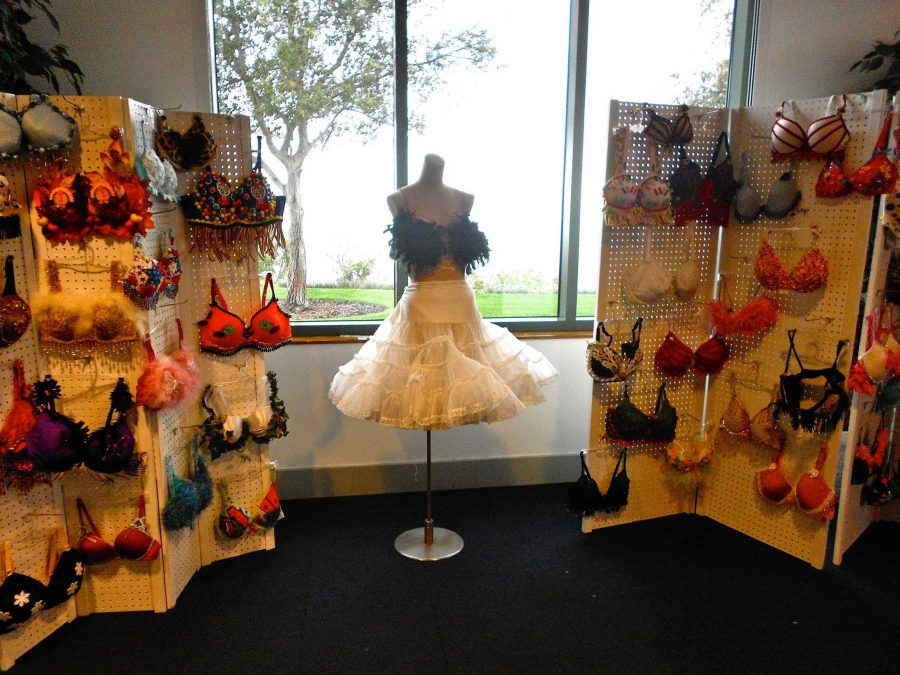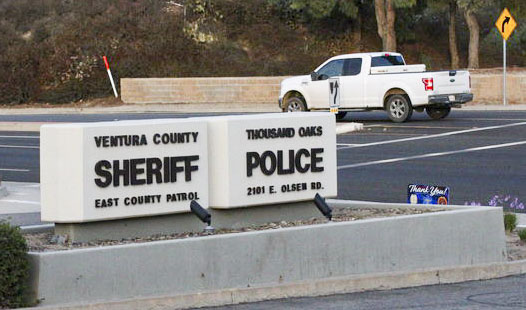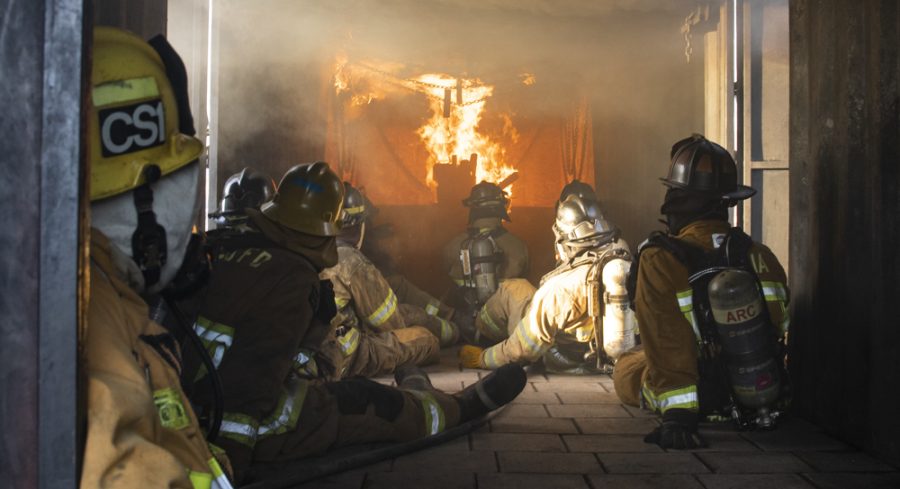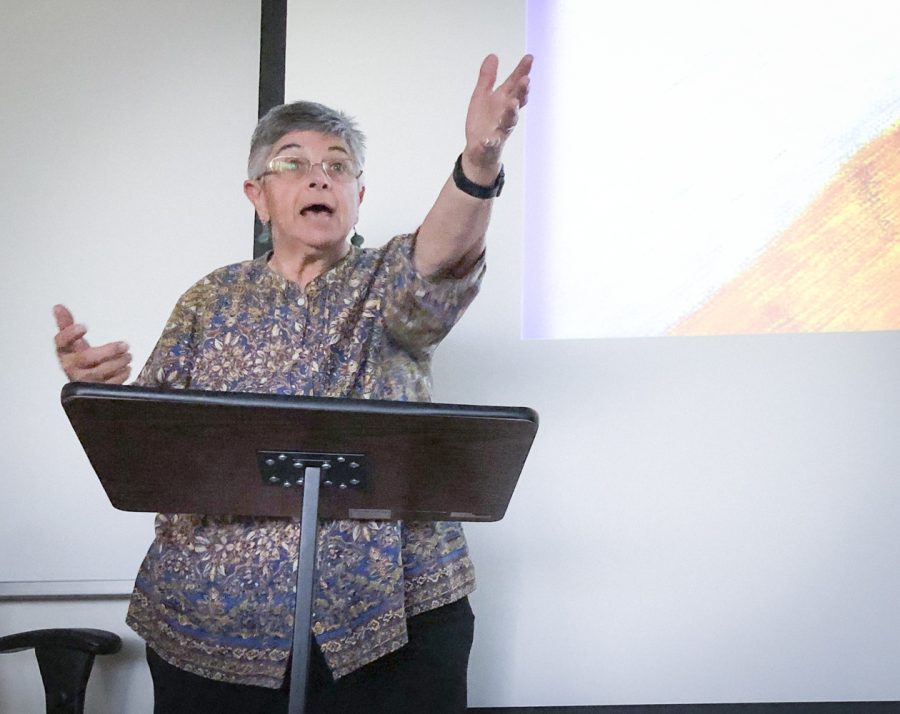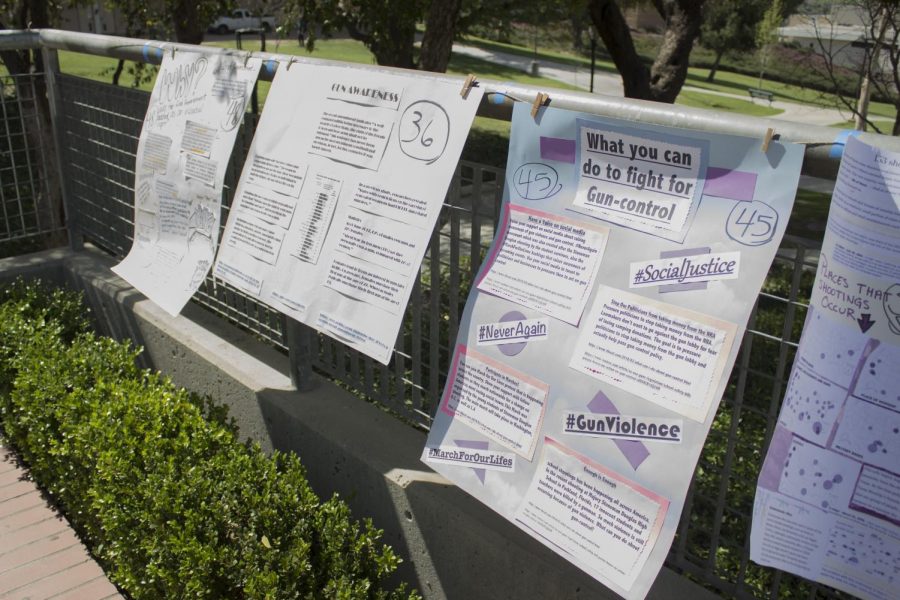Last Saturday, Oct. 20, the presidential learning center of The Ronald Reagan Library flooded with a feisty group wanting information on the fight towards putting an end to breast cancer.
The seminar, entitled “How to Cheat, Treat, & Beat Breast Cancer,” was hosted by several doctors and featured a guest speaker.
Joni Eareckson Tada, guest speaker and founder of Joni & Friends, also authored a featured pamphlet available to guests entitled “Diagnosed with Breast Cancer: Life After Shock.”
“Yes it is a battle, you are in the battle of your life (for your life), but there is hope. Millions of women have gone through what you now face, and they have survived,” Tada wrote on page 5.
Catherine Moses, another speaker and doctor took the stage baffled by the incredible turn out.
“I am always amazed when I do this talk, in the strong, sustained interest the community has in this,” Moses said.
Spectators filled Allbritton Hall, sitting at its’ pink-flooded tables.
One attendee, Bea Fitzgerald, a nursing student at Moorpark College said it was her idea to come to the event, brought her mother-in-law, and cancer survivor, Maggie Fitzgerald along.
Mary Engester, fellow attendee and survivor, explained that she was no stranger to this event, taking a moment to describe her experience with the disease.
“I was first diagnosed in 89′ and then again in 08,” Engester said, “The treatment between the two was totally different.”
Thanking advances in technology, Engester was amazed by the changes in therapy that have been made over the years, something Maggie also agreed with.
“They keep getting something a little better,” said Maggie.
Ashwin Kashyap, a medical oncologist and speaker at the event, shortly touched on the three popular categories breast cancer victims typically fall under.
Lynn Meyering, fellow medical oncologist elaborated on these categories, pinpointing them as “postmenopausal, perimenopausal, and young women.”
“One-fourth of the U.S. population gets diagnosed every year,” Meyering said.
Meyering also explained that one out of every eight women will be diagnosed in their lifetime.
Speaker Catherine Moses explained what seems to be the current mindset for those behind and in front of medical screenings.
“What is old is new again,” said Moses.
She also offered advice to young women, and gave information about the mammogram, clinical breast exams, and when girls should start giving themselves breast exams, which is typically at age 20.
During the break, sponsors got the chance to share information of their various services or opportunities, which were displayed on their various booths.
One booth belonged to The American Cancer Society, headed by special events director Monica Murrieta and Sue Benvenuto, longtime volunteer and survivor herself.
Murrietta gave advice to young girls who have a heavy history of breast cancer in their families.
“They need to be very careful and do their screenings,” Murietta said, also advising such girls to “get to know their bodies” by doing self-exams.
Benvenuto explained how her journey has opened her eyes to so much through the process.
“There’s a lot to live, when given another chance to enjoy life,” she said. “It gives you hope.”

